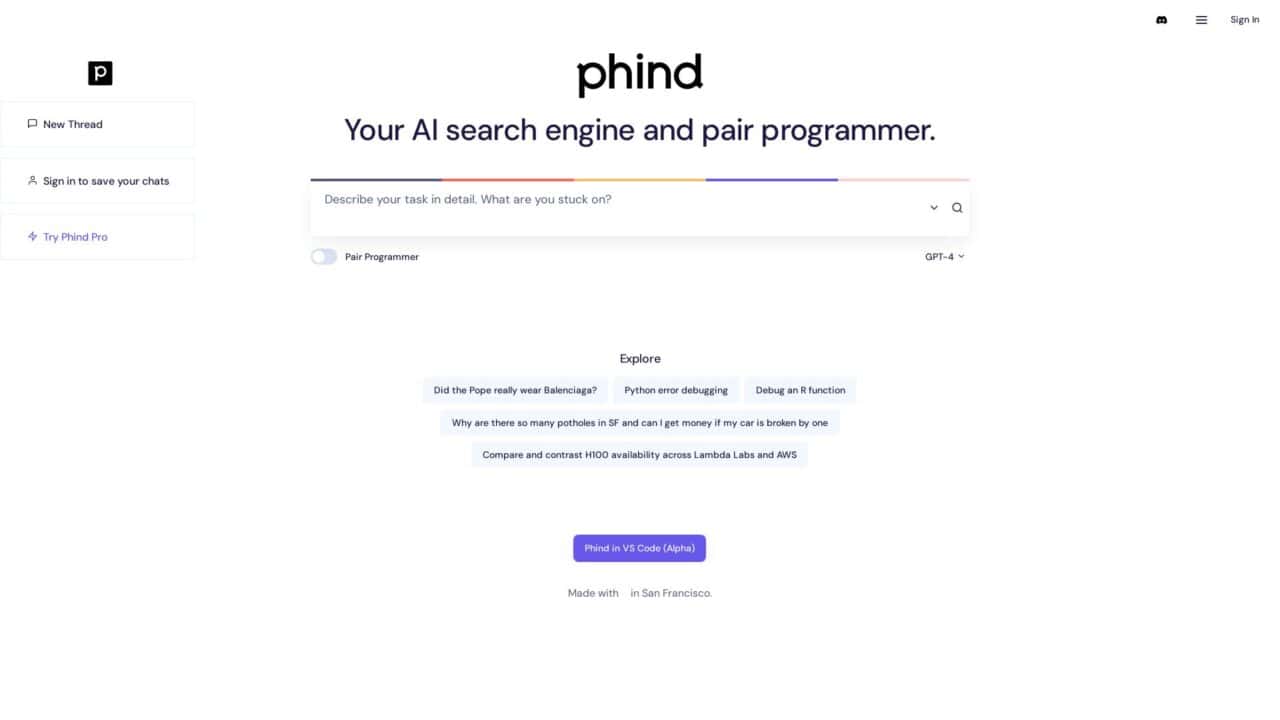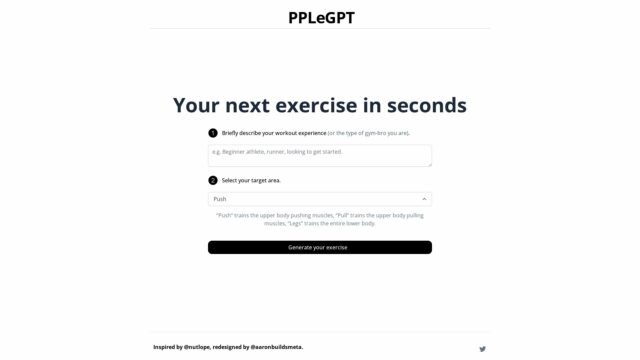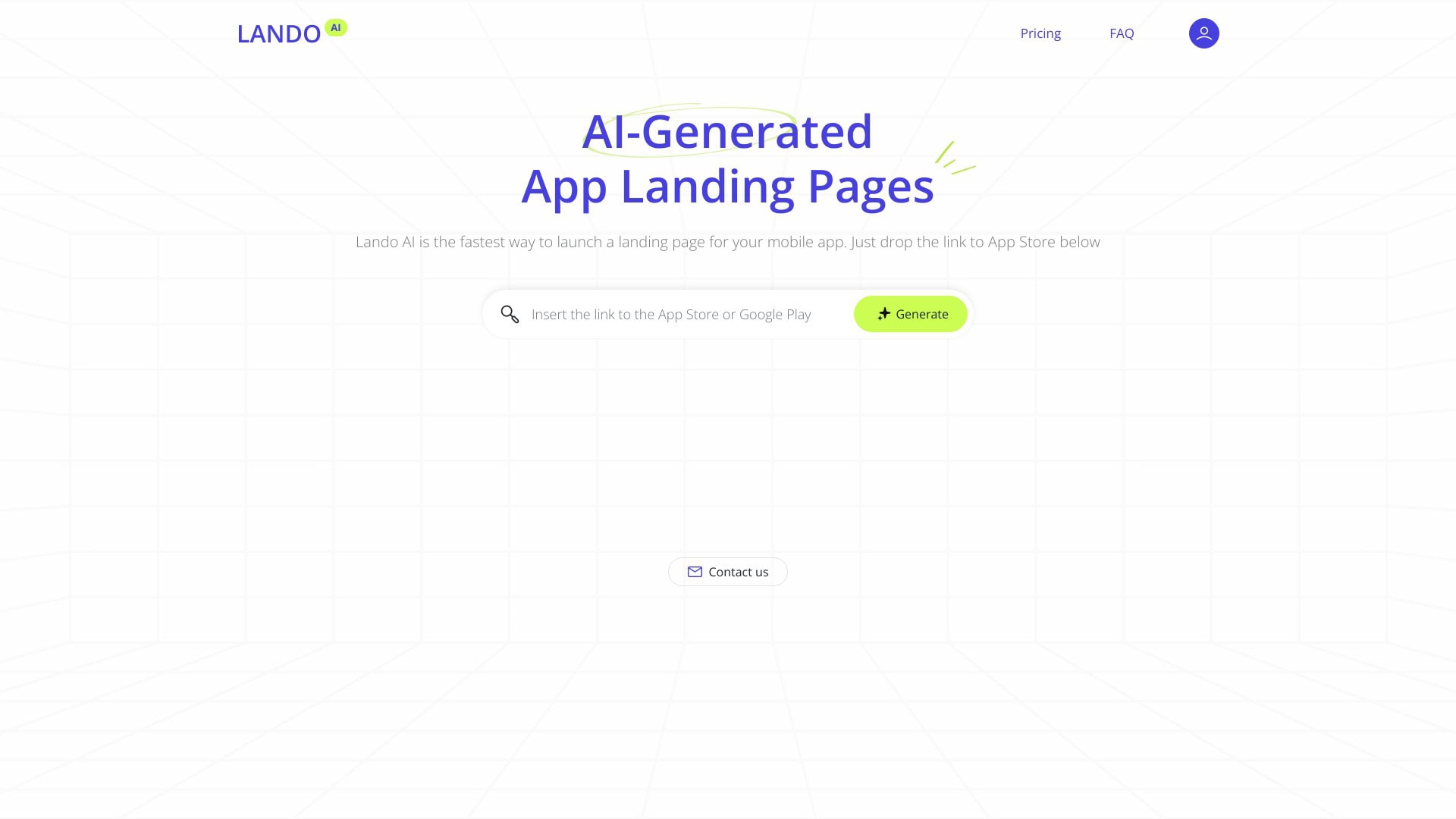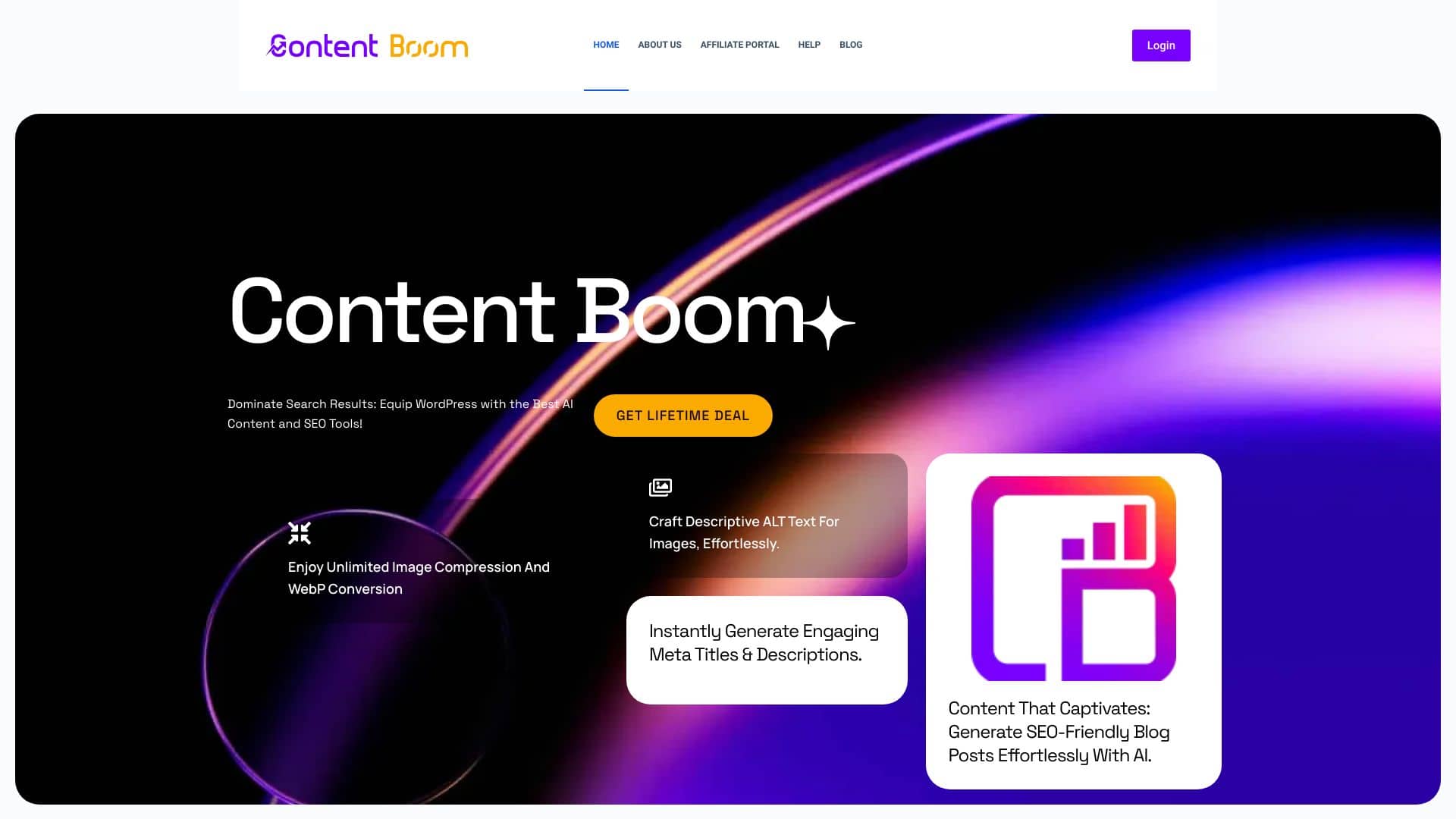Phind is an innovative AI-powered search engine that aims to revolutionize the way we find information online. Unlike traditional search engines, Phind utilizes advanced natural language processing and machine learning algorithms to provide users with more accurate, relevant, and personalized search results.
Major Highlights
- Contextual Understanding: Phind goes beyond keyword matching and understands the context and intent behind user queries, delivering results that are tailored to their specific needs.[1]
- Conversational Search: Users can interact with Phind in a natural, conversational manner, asking questions and receiving comprehensive answers, rather than just a list of links.[1]
- Knowledge Synthesis: Phind synthesizes information from multiple sources, providing users with a concise and coherent summary of the most relevant information, rather than just a list of links.[1]
- Personalized Results: Phind learns from user preferences and behavior, delivering increasingly personalized search results over time to better meet individual needs.[1]
- Continuous Improvement: Phind’s AI models are constantly being refined and updated, ensuring that the search experience continues to improve and evolve.[1]
- Multilingual Support: Phind supports a wide range of languages, making it accessible to users from diverse linguistic backgrounds.[1]
- Privacy-Focused: Phind prioritizes user privacy and does not track or store personal information, unlike many traditional search engines.[1]
- Seamless Integration: Phind can be easily integrated into various platforms and applications, providing a consistent and intuitive search experience across devices and contexts.[1]
- Powerful Analytical Tools: Phind offers advanced analytical tools that allow users to explore and visualize search data, gaining valuable insights and trends.[1]
- Collaborative Search: Phind enables users to share search results and collaborate on research projects, fostering a more connected and productive online experience.[1]
Use Cases
- Conducting in-depth research and literature reviews
- Exploring new topics and discovering relevant information
- Answering complex questions and finding comprehensive solutions
- Staying up-to-date with the latest news, trends, and developments
- Collaborating on projects and sharing knowledge with colleagues or peers
- Personalizing the search experience to better suit individual needs and preferences














Leave a Reply